Pakistan emerges as strategic player after India war, Iran-Israel conflict
Kamran Khan and Hussain Haqqani explore if the army chief’s US visit signals a true strategic reset or just a brief diplomatic thaw
News Desk
The News Desk provides timely and factual coverage of national and international events, with an emphasis on accuracy and clarity.
Pakistan is entering a new era of strategic opportunities following its military success against India and the outbreak of war between Iran and Israel.
In a wide-ranging conversation with Pakistan’s former ambassador to the U.S., Hussain Haqqani, Kamran Khan described the moment as unprecedented -- one that few could have imagined just weeks ago. Pakistan, he noted, is now being viewed globally as a decisive defense power.
According to Khan, the shift in global attitudes became more pronounced after U.S. President Donald Trump held a two-hour “historic and extraordinary” meeting with Pakistan’s Army Chief, Field Marshal Syed Asim Munir. The talks, which occurred while the U.S. is indirectly engaged in the Iran-Israel war, marked what Khan called a “reset” of strategic and economic ties between Washington and Islamabad.
“New avenues of hope are emerging for Pakistan,” Kamran Khan said, while warning that the country also faces tough strategic decisions and serious foreign policy tests.
Khan questioned whether this realignment with the U.S. is permanent or merely a temporary collaboration. He also raised concerns over whether Pakistan might have to compromise on its regional neutrality in light of the Iran-Israel conflict.
The war between Iran and Israel entered its eighth day on Friday. Tehran, having suffered setbacks in the initial days of the conflict, is now showing signs of resistance. Meanwhile, Israel’s military resolve appears to be weakening, Khan noted.
Despite assassination threats, Iran’s Supreme Leader Ayatollah Ali Khamenei has refused to surrender. Peace efforts are now gaining traction, Khan said, citing new negotiations in Geneva between Iran’s Foreign Minister Abbas Araqchi and his European counterparts from Britain, France, and Germany.
President Trump, while authorizing limited U.S. involvement in the war, has delayed implementation for two weeks. Kamran Khan said this window for diplomacy may have been influenced by Munir, who strongly advocated for a peaceful solution during their meeting.
Amid these developments, Khan argued that Pakistan has emerged as a defense and strategic “game-changer” in the eyes of the world.
He added that while U.S. interest in Pakistan’s rare earth minerals and cryptocurrency trade appears aligned with Washington’s goals, Islamabad must now decide whether to press Trump for decisive mediation on Kashmir.
“The world is watching,” Khan said. “The stakes for Pakistan are higher than ever.”


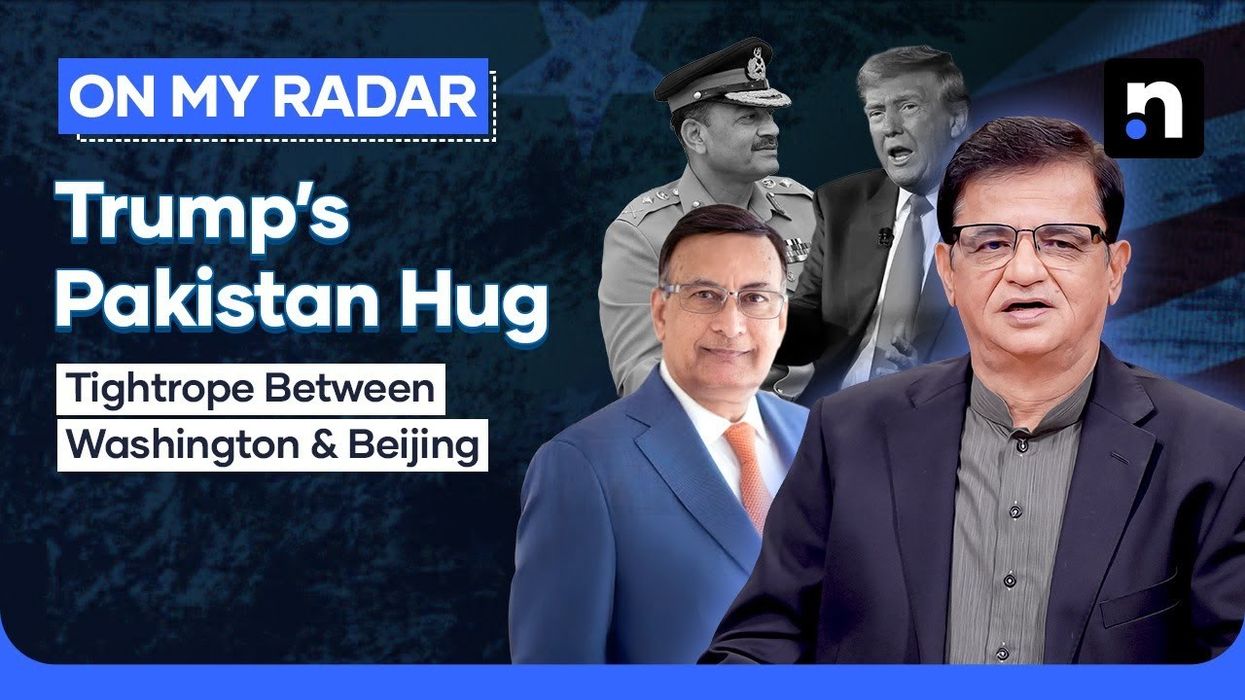
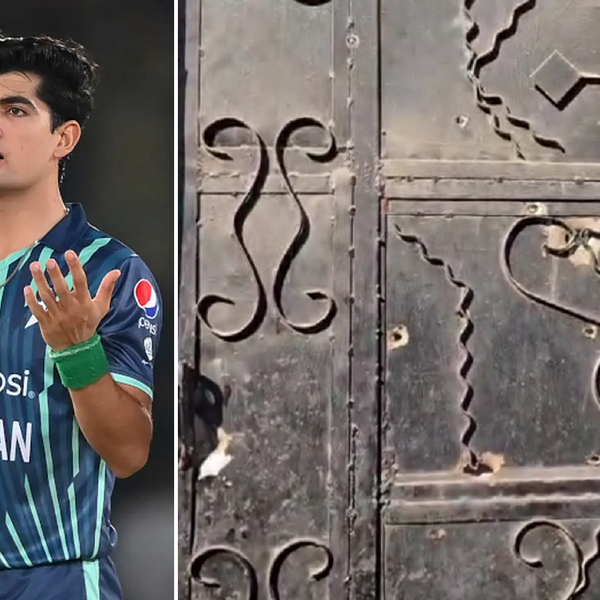
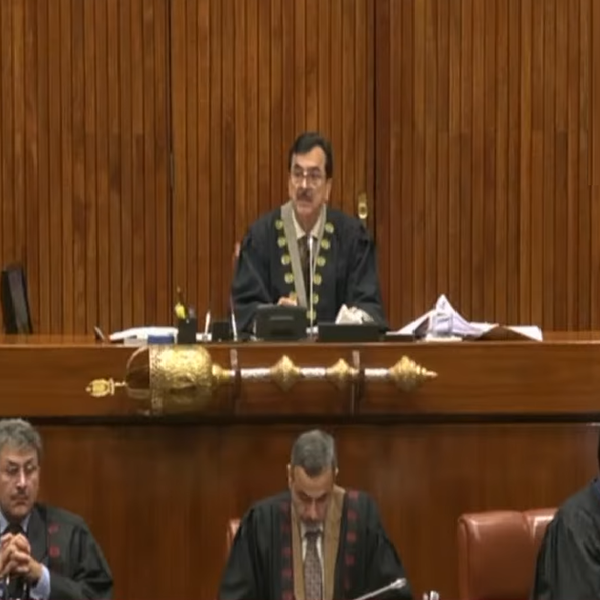
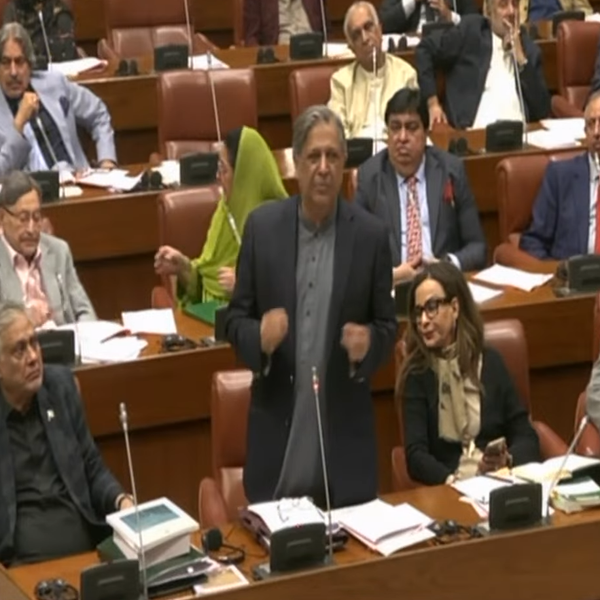
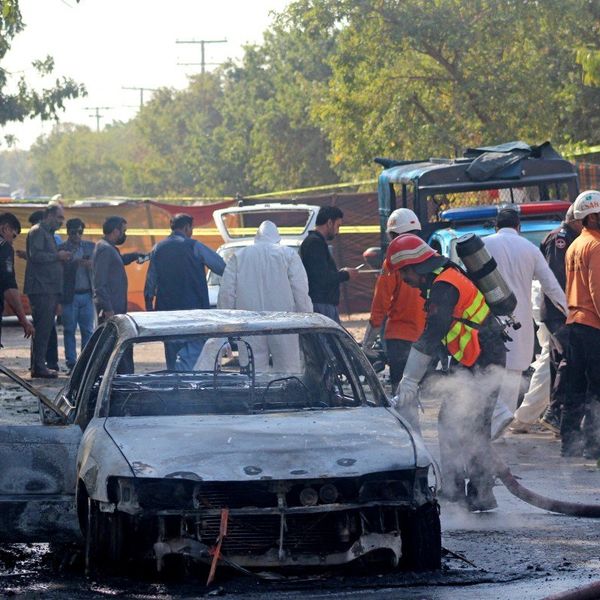

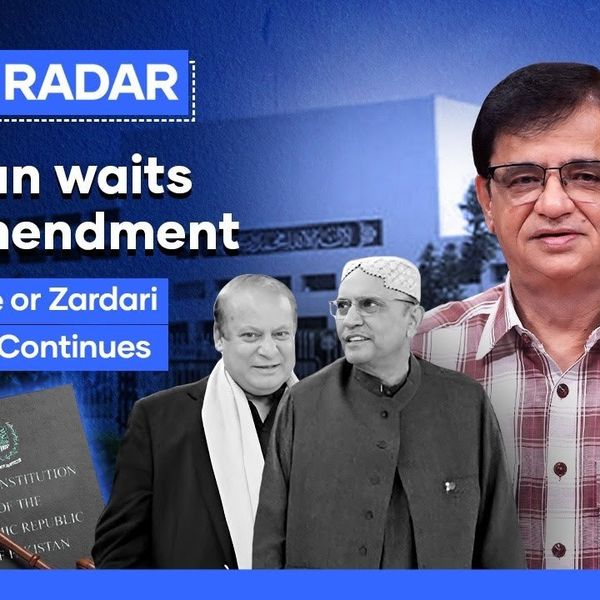


Comments
See what people are discussing